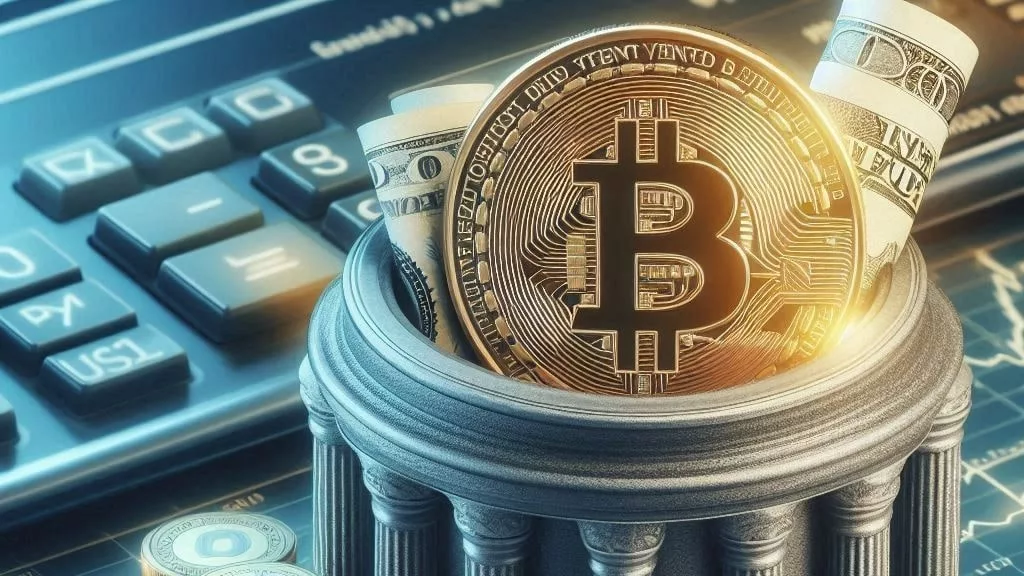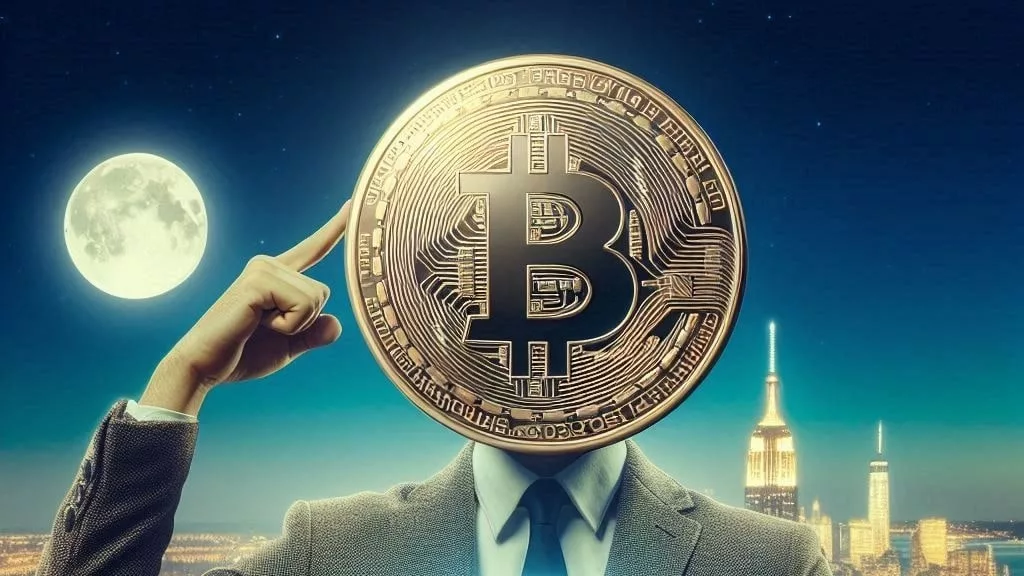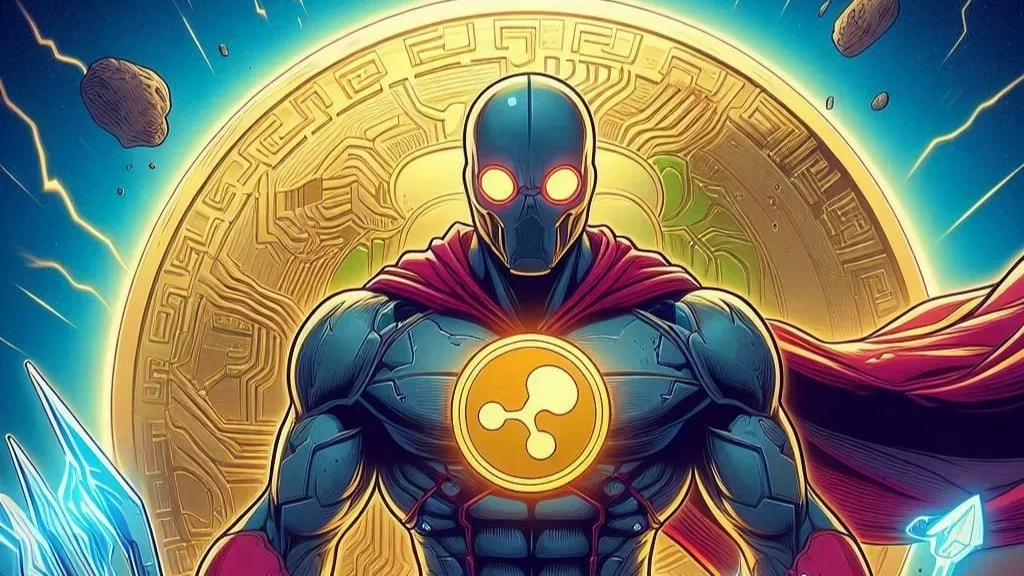
A recent report from the Bitcoin Policy Institute posits that Bitcoin could serve as a valuable reserve asset for central banks, particularly in times of economic instability and geopolitical uncertainty. Titled The Case for Bitcoin as a Reserve Asset, the paper, authored by economist Matthew Ferranti, argues that Bitcoin’s unique properties make it a compelling alternative for safeguarding against various financial threats.
Ferranti’s report outlines several scenarios where Bitcoin could act as a protective measure against inflation, geopolitical tensions, capital controls, sovereign defaults, banking crises, and international sanctions. He emphasizes Bitcoin’s limited correlation with traditional financial assets, which he describes as an “effective portfolio diversifier.” This distinct characteristic positions Bitcoin as a strategic asset for countries seeking to lessen their reliance on the U.S. dollar.
One of Bitcoin’s most appealing features is its decentralized nature, which eliminates counterparty risk. This aspect is particularly attractive to nations vulnerable to financial sanctions, such as Venezuela and Russia, which Ferranti characterizes as facing a form of “selective default.” By utilizing Bitcoin, these countries could potentially circumvent traditional banking systems and enhance their financial autonomy.
While the report acknowledges that Bitcoin may not be suitable for all central banks, it draws parallels between Bitcoin and gold as stores of value. Ferranti argues that Bitcoin’s fixed supply and resistance to currency depreciation make it a modern equivalent of gold, appealing for nations concerned about the long-term viability of their fiat currencies.
The idea of Bitcoin as a strategic asset is gaining traction among U.S. policymakers. Following former President Donald Trump’s recent remarks at the Bitcoin 2024 conference, calls for a U.S. Bitcoin strategic reserve have intensified. Senator Cynthia Lummis of Wyoming has even introduced the Bitcoin Strategic Reserve Bill, which proposes the gradual acquisition of 5% of Bitcoin’s total supply for the U.S. Treasury.
In an interview with Fox News, Trump suggested that Bitcoin could be used as a tool to reduce the national debt, highlighting its potential as a fixed-supply asset to combat inflation. Prominent Bitcoin advocate Michael Saylor, CEO of MicroStrategy, compared the strategic reserve initiative to the historic Louisiana Purchase, framing it as a significant economic opportunity.
However, not all voices in the cryptocurrency space are in favor of a national Bitcoin reserve. Charles Hoskinson, the founder of Cardano, has raised concerns that such a reserve could enable governments to exert undue influence over the Bitcoin network, which could compromise its decentralized ethos. This highlights a tension between the desire for institutional adoption and the fundamental principles of cryptocurrency.
The report from the Bitcoin Policy Institute arrives against a backdrop of skepticism from traditional financial institutions. Just recently, a research paper from the Federal Reserve Bank of Minneapolis suggested that Bitcoin might require taxation or even prohibition to assist governments in managing fiscal deficits. The paper argues that Bitcoin complicates efforts to maintain ongoing government deficits, particularly in an economy that relies heavily on nominal debt.
The Minneapolis Fed introduced the concept of a “balanced budget trap,” asserting that Bitcoin could compel governments to adopt more disciplined fiscal policies. Similarly, the European Central Bank (ECB) has voiced concerns about Bitcoin’s impact on wealth distribution, calling for regulatory measures or outright bans to curtail its growth.
Critics of the ECB’s position argue that such concerns overlook the broader context of monetary inflation. For instance, public sector debt in the UK reached nearly 98% of GDP in 2023-2024, the highest level since the 1960s. Meanwhile, the U.S. national debt has ballooned to $35 trillion, driven in part by a substantial increase in the money supply since 2020.
As economic and geopolitical uncertainties continue to shape the global financial landscape, Bitcoin’s potential as a reserve asset is increasingly being recognized. While traditional financial institutions express caution, the growing interest among policymakers and economists signals a shift in perception regarding Bitcoin’s role in the economy.
Whether Bitcoin will successfully position itself as a viable alternative to traditional reserve assets remains to be seen. However, its unique attributes—decentralization, limited correlation with other assets, and fixed supply—make it a compelling consideration for nations navigating the complexities of modern financial challenges. As discussions around Bitcoin’s strategic use continue, it will be crucial for stakeholders to weigh the benefits against the inherent risks and philosophical principles that underpin the cryptocurrency space.



Get the latest Crypto & Blockchain News in your inbox.